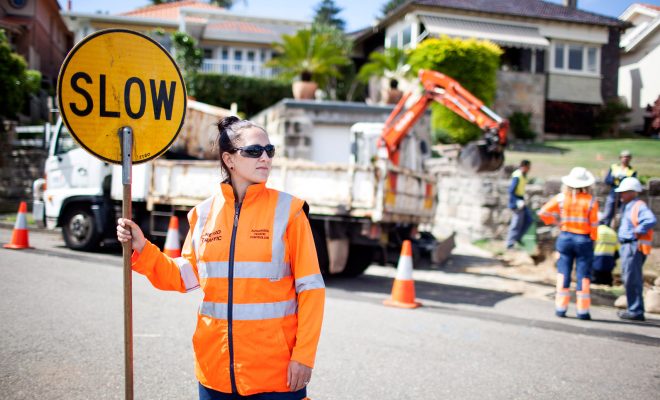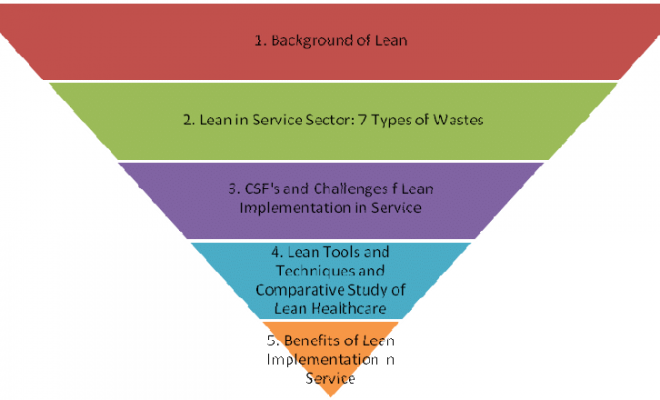
There are different competitive exams you can appear in so you can launch your profession with an extraordinary beginning. Be that as it may, such assessments require heaps of endeavours as they are difficult to crack. You can also qualify for government occupations by taking a portion of the series tests. So here are the few exams that have been listed beneath. This should give you an idea of qualification and it will likewise help you give a plan to pick one as per your needs.
Delhi Subordinate Services Selection Board (DSSSB) is a board that conducts enrollment tests for different posts under the branches of the Government of the National Capital Territory of Delhi (GNCT of Delhi). DSSSB enrollment tests are conducted each year. The board discharges opening notifications for various posts. For example, DSSSB test dates, pay scale, and qualification models. Contenders can apply for a particular post ensuring their capability decides for that post.
DSSSB Eligibility rules change as indicated by the post an applicant is applying for. Nonetheless, the fundamental boundaries that new candidates need to satisfy DSSSB qualification measures for various posts are:
- Competitors should clear class 12 from a recognized board
- Candidates should clear graduation from a recognized college
- Candidates ought to be between 18 to 32 years of age (changes according to the applied post)
CTET is a public level test led by the Central Board of Secondary Education (CBSE). The Central Teacher Eligibility Test (CTET) is conducted twice a year to decide the qualification of the contender as educators for Classes 1 to 8. The CTET exams are held in two meetings for Paper-I and Paper-II. The CTET Paper-I is for competitors who need to represent Classes 1- 5 and Paper-II is for candidates who need to represent Classes 6 – 8.
- Candidates should pass 10+2 with at least 45% total Percentage to be equipped for the arrangement as an essential stage educator.
- Candidates should clear graduation with at least 45% total Percentage or 10+2 with somewhere around 50% total percentage to be equipped for the arrangement as a rudimentary stage instructor.
- Candidates should finish the recommended instructor preparing programs/educator training courses.
The Common Law Admission Test (CLAT) is a public level situation test for admissions to undergraduate (UG) and postgraduate (PG) law programs offered by 22 National Law Universities around the country. CLAT is coordinated by the Consortium of National Law Universities comprising the delegate colleges. The qualifications to appear for CLAT examinations are as follows:
- There will be no upper age limit for UG Program in CLAT 2021.
- (45%) Percentage of its identical grade in the event of competitors having a place with General/OBC/PWD/NRI/PIO/OCI classes.
- (40%) Percentage or identical if there should arise an occurrence of applicants having a place with SC/ST classes.








